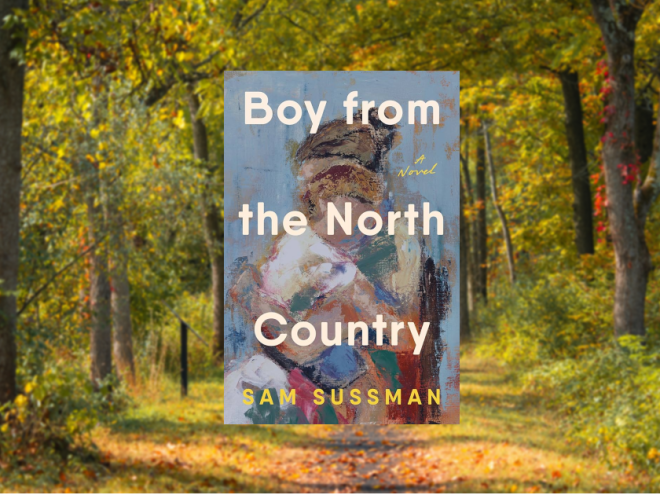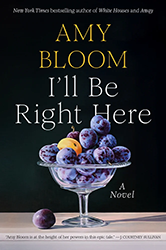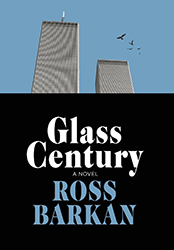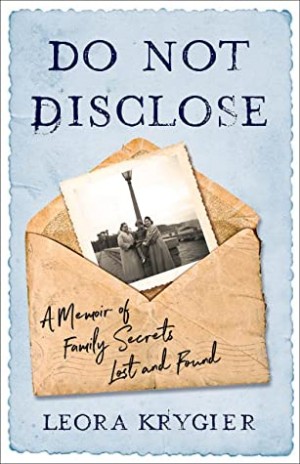When I worked as an editor in trade publishing, calling a book “quiet” was often a coded dismissal. I always felt that was a shame. When I say that Sam Sussman’s debut novel, Boy from the North Country, is quiet, I mean it in the most complimentary way. Sussman’s quiet is like a breeze through tall grass — gentle, lovely. Step back, and the whole field shimmers.
This autofictional novel follows Evan, a young man from upstate New York who grows up half-convinced he might be Bob Dylan’s illegitimate son. His single mother drops just enough hints about her 1970s youth in the city to make it plausible, and Evan’s resemblance to Dylan turns heads. For a “vegetarian, bookish, Jewish” outsider, Dylan becomes a mythic compass pointing toward reinvention and artistry. Evan bikes the long roads to the music store, discovering Dylan’s albums one by one. “When he sang that you’ve got to play your harp until your lips bleed,” Evan recalls, “I knew he was telling me how to become a writer.”
Yet when the novel opens, Evan, at twenty-six, has lived abroad and drafted a novel. Still, his work languishes. The path ahead feels dimly lit. Then comes the urgent call home: his mother has cancer, and she needs him. Though Evan continues to wonder about Dylan, the book resists the pull of a paternity mystery. Instead, it centers on what is certain: a mother and child who know exactly who they are to each other, navigating the long season of her illness through nights of conversation, reminiscence, and caretaking.
Sussman excels in these scenes, rendering memory in an impressionistic, painterly way, in which emotions sync with the rhythms of the natural world. “I could always tell when my mother was falling in love,” Evan recalls. “Sunlight shone more brightly in the mountains and the pine trees swayed more passionately over the farmhouse.” Equally striking are moments of raw emotional clarity. Parting with his mother before surgery, Evan reflects: “It hadn’t occurred to me that the fact of our eventual separation would entail a specific moment of separation.”
Jewishness appears throughout the novel as a shared vocabulary and reservoir of meaning: Torah, Chagall, Tevye. Learning as a young adult of his mother’s family’s Holocaust losses leads Evan to Elie Wiesel and to admiration for those who continued living “under circumstances designed to vanquish the very desire for life.” Later, accompanying his mother to treatment, it is these associations that frame his experience. Even Dylan’s resonance is refracted through Jewishness — lest we forget, he was born Robert Zimmerman.
For much of Evan’s life, Dylan seemed the figure who could chart his course. But as his mother grows weaker, that fantasy yields to the immediacy of their time together: planting a kiss on her bald head, drawing courage from her refusal to be anyone’s “footnote.” The mantras she always returned to, once dismissed as clichés, become beacons that illuminate his path.
Daniella Wexler is a Brooklyn-based psychotherapist and freelance editor. A former trade publishing editor, she serves on the Emerging Leaders Council of the Jewish Book Council and offers editing services at DaniellaWexlerEditorial.com.





